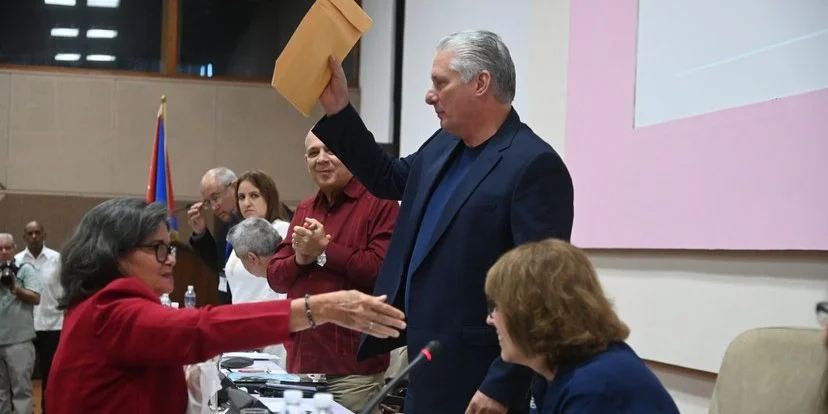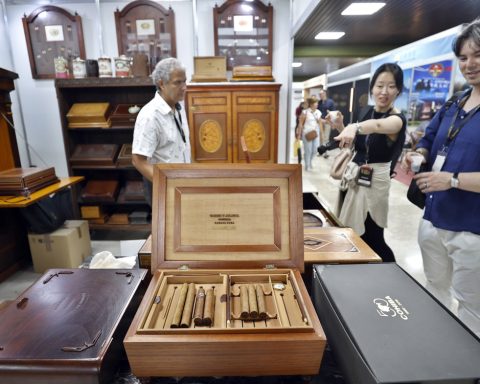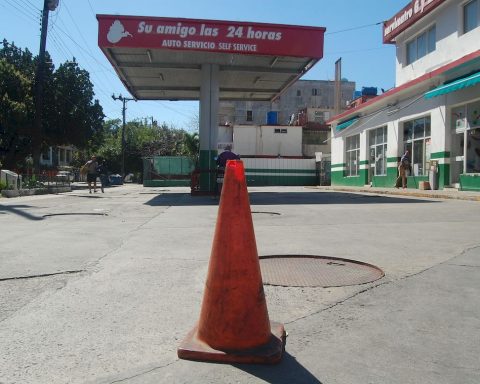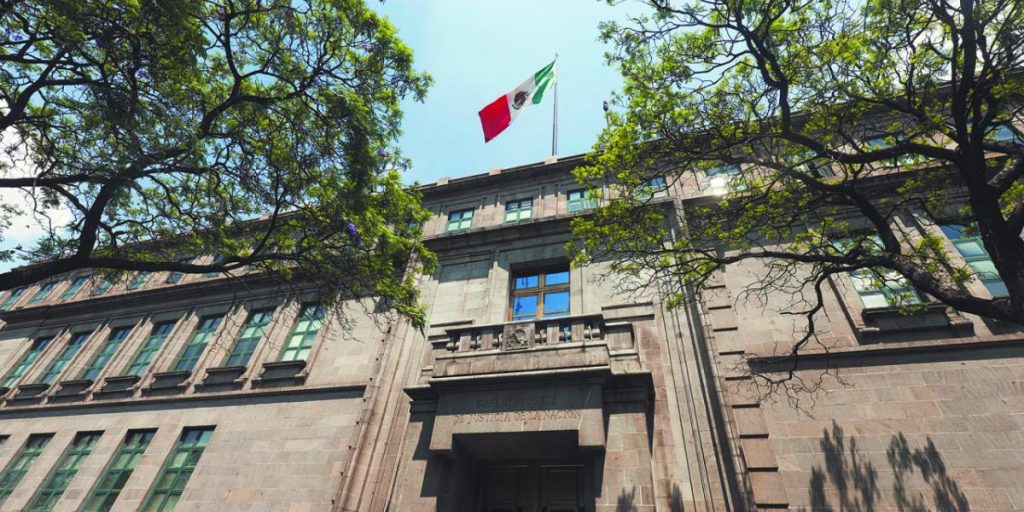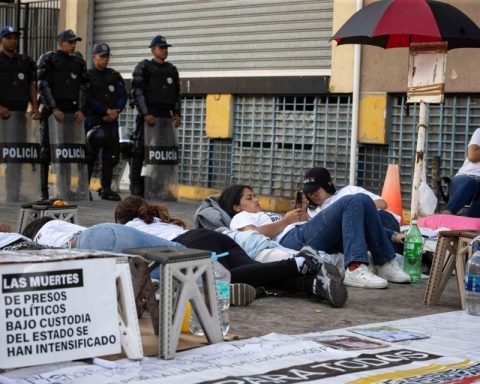HAVANA, Cuba. – At the recently concluded the repression against artists and intellectuals and speak out for freedom of creation and expression. The usual meekness of the members of the official organization was taken for granted. What was amazing was Miguel Díaz-Canel’s defense of reggaeton in the closing speech of the congress.
And the astonishment is not because we expected the ruler to have better musical taste, but because the regime’s current cultural policy claims to be aimed at battling vulgarity, banality and what it calls “cultural colonization.”
Díaz-Canel said about “the new cultural expressions that come mainly from music”, referring to reggaeton and its derivatives (reparto, trap, etc.), which should not be underestimated or underestimated from elitist positions, because “we are facing a phenomenon cultural that transcends the tastes that have been sedimented for decades due to its strong social component and reach” and because “ideas are being generated, signs of change in cultural paradigms that we cannot ignore or neglect.”
He explained that due to the great impact that reggaeton has on “increasingly broader segments of the country,” the regime cannot remain on the sidelines, but must influence its creations and add them to “the cultural policy of the Revolution.”
Will Díaz-Canel intend for reggaeton to be the equivalent for these times of the movement of the New Trova? Will he aspire, always so hopeful and optimistic, that, imbued with creative resistance, El Micha and Jorge Jr. will be the new Silvio, Sara González and Vicente Feliú?
Who could have thought of this new nonsense that promises to be as forced, boring, lacking in salt and doomed to failure as all the initiatives of the continuity regime? TO Abel Prietothe strategist of the battle against cultural colonization?
Going further, with so many recently emigrated Asers, who only lost their supply book from Cuba, the regime aspires to colonize Miami and the rest of southern Florida, turning it into a kind of Hong Kong, increasingly similar to Marianao and Arroyo. Naranjo, to exploit him and blackmail him emotionally with his families and nostalgia for the homeland. It is not enough for him to maintain his failed regime at the expense of remittances from emigrants and exiles, he also sends, to create problems, to make things bad and to collect dollars, in addition to agents of penetration and influence, swindlers, provocateurs, short-lived jokers, propagandist academics, chameleons of the tíbiri tábara… and reggaeton artists.
A glimpse of the attempt to also turn reggaeton into “a weapon of the Revolution” was the waste of opportunism and hypocrisy made on the occasion of the murder of The Taigera highly inadequate performer who was never put on Cuban radio and television, but who almost made him a national hero after his death.
Luckily for the reggaeton artists, it seems that they will not have to suffer prohibitions as drastic as those that existed against the rockers in the 1960s and 1970s, when the communist bosses tried to stop ideological diversionism.
Listen, I’m not saying this because of the gossip, the vulgarity and the bad taste, which Castroism has plenty of, but it is going to be an arduous task to convert reggaeton into socialist art and use it as an ideological weapon. I don’t predict success for you. Post-Castroism, if it is going to take to heart the idea of implementing musical policies, does not have a Richard Strauss like the Nazis had, nor a Dimitri Shostakovich like Stalinism had. But what am I saying: I’m talking about serious dictatorships, not the pathetic mess that remains from Fidel Castro’s revolution.
